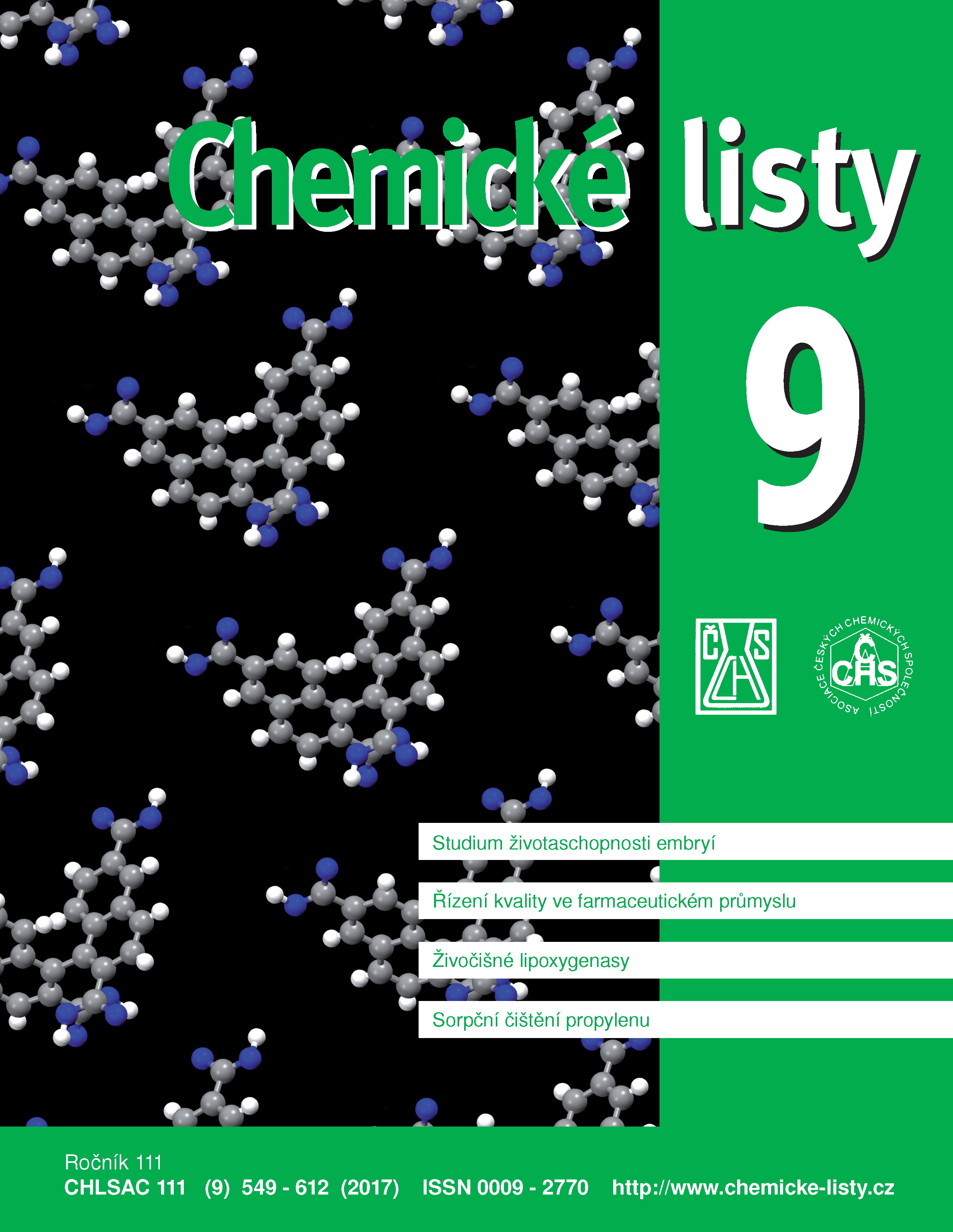Sorption Materials Used for Removal of Impurities from Fluid Catalytic Cracking Propylene before Polymerization
Keywords:
propylene, polymerization, polypropylene, trace impurities, catalytic poisons, adsorbents, molecular sieves, activated alumina, technology of purifyingAbstract
The main obstacle for application of fluid catalytic cracking propylene in its polymerization is presence of various impurities that deactivate sensitive polymerization catalysts. The main reason for significant decreasing the polymerization catalyst activity is the presence oxygen compounds (CO, CO2, H2O, alcohols, and others), sulfur compounds (COS, H2S, and others), nitrogen compounds (NH3 and others), acetylenes and dienes, and even AsH3 and PH3. To remove such a wide range of impurities, several different adsorbents have to be used. A crucial condition for applicability of the adsorbents is their low reactivity with propylene. Nature and concentration of the impurities play an important role. Typically, four types of adsorbents are combined to remove all impurities: molecular sieves based on zeolites, activated aluminas, hybrid adsorbents and adsorbents based on metal oxides (CuO/ZnO and CuZnZrOx–2CO3).





